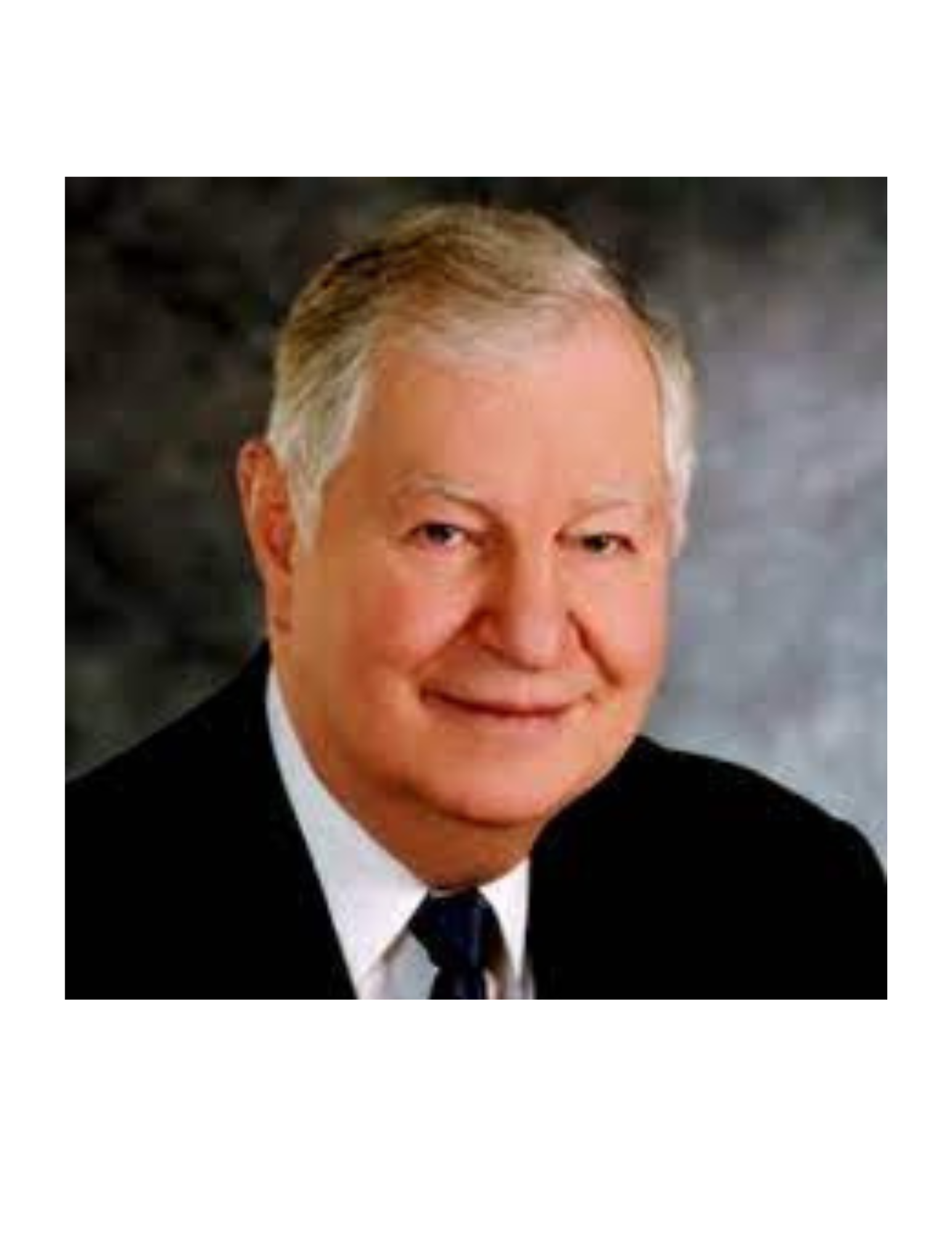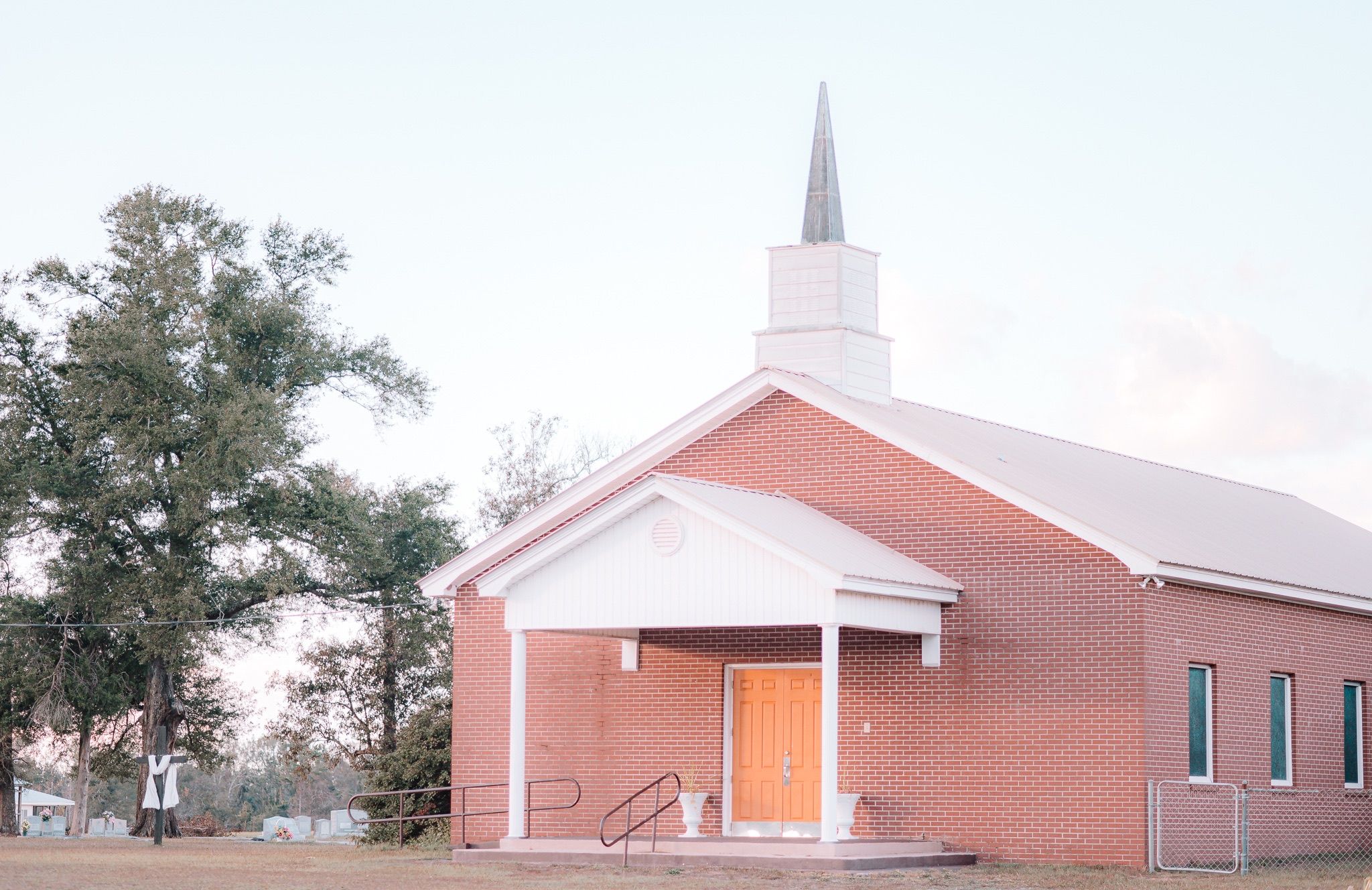Tactical Patience in Ministry
Tactical Patience in Ministry
Tactical Patience in Ministry: Lessons from an Organ and a Saint
For years, the music ministry of our church was led by Mrs. Frances Jones—a woman of grace, faith, and dedication. She taught children to play piano, tirelessly served the church, and played the organ through the church’s golden years. With the gospel in mind, she had given up the role of music ministry director in the 1980s. She became the music minister’s assistant to hand the leadership baton off to the next generation. Music ministers came and went, but Mrs. Frances was the heart behind the music ministry. Even when the instruments were worn, and the sound system crackled, Mrs. Frances made it work without complaining or growing frustrated.
Eventually, one of her pupils rallied the church to honor her with a new organ, sound system, and a baby grand piano. It was a beautiful testimony to her legacy and her love for the Lord. By the time I arrived in 2008, Mrs. Frances’ age had caught up with her. She could not attend church, let alone play the organ like she once had. She passed away in 2012, and the organ she had cherished sat silent—unused for nearly a decade. 
As space became tight, conversations arose about removing the organ. Some saw it as an obstacle to modernizing worship; others saw it as sacred, tied to memories of a beloved saint. I knew removing it prematurely would fracture trust in an already fragile congregation. There were so many things that needed to change at the church. We needed better theology, improved small groups, and an intentional discipleship plan. The sanctuary—and all the facilities—needed renovations, and we desperately needed to learn to love our community again. We needed to repent of serving our personal preferences, years of division, and an aversion to sharing the gospel. Yes, we needed the space on the stage, but removing the organ would have been the death blow to any efforts at rebuilding unity between the generations that had been so divided. Wisdom prevailed, and we learned to work around it for the sake of unity.
You can imagine my frustration when an evangelist—unfamiliar with our church’s story—boldly criticized the organ as an idol and declared we should get rid of it. What he didn’t understand was that it wasn’t that the organ was an idol, as it was the organ that reminded the seniors of a blessed saint who they loved dearly. The next day, seniors of the church were calling, wanting to come and talk to me about why we shouldn’t get rid of the organ. I assured them I wasn’t interested in dying on that hill, and the evangelist had spoken out of turn. He would not be back.
With time, God provided a solution. The family who had donated most of the funds for the organ years earlier kindly requested it back, offering to put it to good use while honoring Mrs. Frances’ memory. The church gladly agreed. It was a quiet resolution that preserved unity and allowed us to focus on what truly mattered: returning to vitality as a congregation and engaging our community with the gospel.
The Lesson of Tactical Patience
In Episode 249 of the Replant Bootcamp Podcast, Tim Williams shares a key insight for ministry leaders: “Don’t microwave the brisket.” True change in a church takes time, wisdom, and what Tim calls tactical patience.  Revitalization pastors face many “organs” in their ministry—issues that require thoughtful navigation. Leaders must ask:
Revitalization pastors face many “organs” in their ministry—issues that require thoughtful navigation. Leaders must ask:
- Are the changes we’re making truly needed, or are they preferential?
It’s easy to tackle surface-level issues to feel productive, but real transformation comes from addressing the heart of the church—its theology, community, and discipleship. - Are we giving the church time to embrace change?
Leading change requires relational equity. Moving too quickly risks losing influence and alienating the very people we’re trying to serve. - Are we slowing down, listening, and trusting God’s timing?
Pride rushes ahead, but humility allows leaders to pause, reflect, and strategize. Growth happens in the waiting—when leaders preach, pray, love, and stay.
A valuable resource for better understanding tactical patience in ministry is “Who Stole My Church?” by Gordon MacDonald. In this book, MacDonald addresses the struggles of a fictional group of older church members who feel displaced by changes in church culture and practices. Through their journey, he provides insights into embracing change, fostering intergenerational understanding, and rediscovering the church’s mission to adapt while remaining true to its purpose.
Another excellent resource is “Who Moved My Pulpit?” by Thom Rainer. In this book, Rainer explores the challenges that church leaders face when leading revitalization efforts amid resistance to change. He highlights the importance of pastoral leadership, the courage to confront adversity, and the necessity for churches to adapt in order to effectively fulfill their mission in a changing culture.
A Final Encouragement
In Paul’s letter to the church in Thessalonica, he says, “And we urge you, brothers, admonish the idle, encourage the fainthearted, help the weak, be patient with them all.” (1 Thessalonians 5:14 ESV) Paul understood that shepherding must be done with patience. He didn’t want the church torn apart by impulsive decisions not pertinent to the gospel’s advancement. We should heed his wisdom and be wise when leading change.

Revitalizing a church isn’t about quick fixes; it’s about faithful shepherding rooted in patience, humility, and God’s providence. As leaders, we must learn to discern when to wait, when to act, and how to shepherd our congregations through change with care and intentionality.
Space might have been limited because of the organ, but its removal was not necessary for the church to minister to the community. The organ wasn’t keeping the church from loving one another, their community, or Jesus. The organ serves me today as a reminder that unity matters far more than preferences.
If you’re navigating change in your church, remember: “Don’t microwave the brisket.” Focus on the gospel, shepherd all your people, and, most importantly, trust God.
For more insights on tactical patience, listen to Episode 249 of the Replant Bootcamp Podcast.














